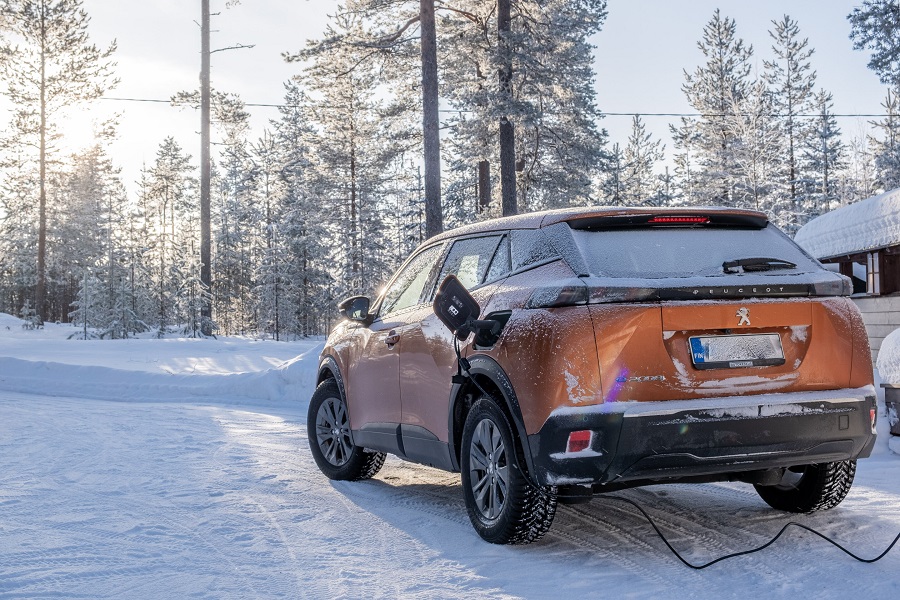11 Dec 2024

Tired Earth
By The Editorial Board

A pair of psychologists and an economist at the University of Turku, in Finland, have found that because the average electric vehicle (EV) owner is wealthier than the average person, they still have a bigger than average carbon footprint.
For their paper published in the open-access journal PLOS Climate, Nils Sandman, Elisa Sahari and Aki Koponen analyzed questionnaires sent to thousands of random adults in Finland regarding lifestyle choices, car use, environmental opinions and how they felt about EVs.
As global warming, exacerbated by human-origin greenhouse gas emissions continues, makers of some goods have begun to alter their products in ways that reduce emissions. One such product is the automobile.
The vast majority of cars and trucks on the road today are still powered by burning gasoline—a primary source of greenhouse gas emissions. In response, car makers have been developing and selling EVs, which produce no greenhouse gas emissions while they are driven.
In this new study, the research team investigated whether consumers who purchase and drive such vehicles have a smaller carbon footprint than other consumers who continue to drive gasoline-powered vehicles.
To learn more, the researchers obtained data from the CLIMATE NUDGE survey, which was a questionnaire sent by other researchers to thousands of people across Finland in 2022, asking about their lifestyle choices. The team analyzed 3,857 of those that had been returned.
The researchers found that people who purchase EVs tend to be wealthier than average. They are also more highly educated and drive more miles per year on average. The researchers also found that despite buying and driving an EV, the average purchaser of an EV still had a higher carbon footprint than people who did not buy such vehicles.
This, the researchers note, is because wealthier people in general have a bigger carbon footprint—they use more electricity, which is most often produced at a coal-burning plant, they consume more goods, the production of which tends to release greenhouse gases, and they drive more and travel more.
Ultimately, the researchers found that the use of an EV did not overcome an overall larger carbon footprint.
Source : phys.org
Comment